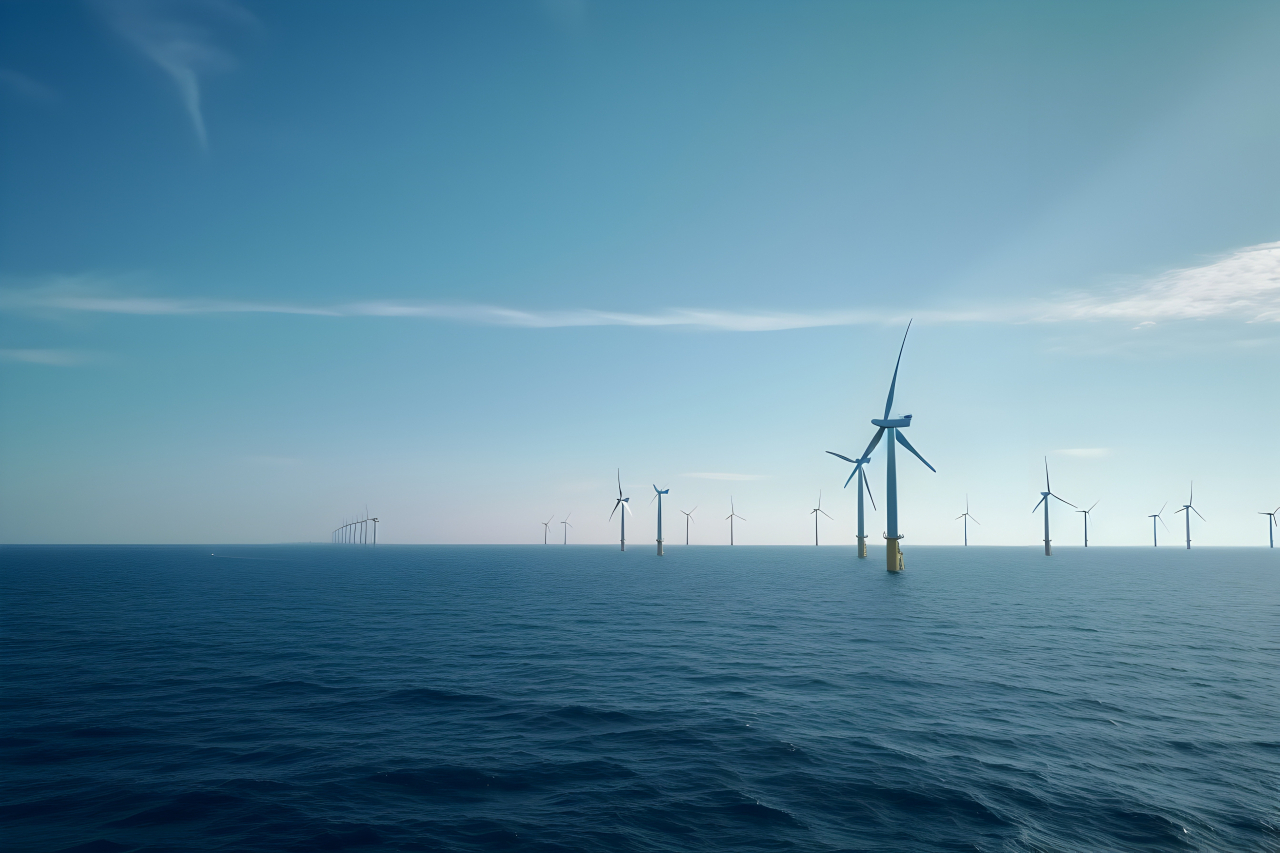 |
Offshore wind turbines (123rf) |
The South Korean government has disapproved global investment firm BlackRock's proposal to construct an extensive offshore wind power plant in South Jeolla Province due to insufficient evidence of financial ability and lack of electricity infrastructure in the area.
According to energy industry sources on Tuesday, the Ministry of Trade, Industry and Energy's electricity committee recently dismissed all five Sinan offshore wind power generation projects proposed by BlackRock's subsidiary, Korea Renewable Energy Development and Operation Offshore. Kredo Offshore, a subsidiary of Kredo Holdings, engages in renewable energy ventures in Korea.
The project, estimated to cost around 10 trillion won ($7.5 billion), was denied approval citing power system issues in the region and lack of documents to prove financial ability for the potential project.
The Honam region, encompassing Gwangju along with the South and North Jeolla provinces, boasts abundant nuclear and renewable energy generation potential. However, it grapples with a notable lack of power system infrastructure, particularly the transmission grid essential for transporting electricity to major metropolitan areas with high energy consumption. Consequently, this deficit hampers substantial investments in new energy initiatives.
In 2021, BlackRock Real Assets fully acquired Kredo Holdings as part of its investment strategy in renewable energy within Korea. The investment was made through its Global Renewable Power fund series, which had raised $4.8 billion the same year.
The combined facility capacity of the five offshore wind complexes submitted by Kredo Holdings was approximately 2 gigawatts. The project's proposed capacity exceeds that of the 1.6-gigawatt wind power complex off Incheon that was approved by the government for Danish energy company Orsted at the end of last year. If the Sinan project had been approved, the installation of over 200 wind turbine towers would have been at the largest scale in Korea.
"Offshore wind energy offers significant regional advantages compared to solar and land-based wind power, especially in regions where land availability for installation is limited. Both domestic and international companies are increasingly focusing on offshore wind energy as the next frontier in renewable energy," an official in the energy industry told The Korea Herald.
Meanwhile, the government plans to invest some 8 trillion won by 2036 to construct an ultrahigh-voltage direct current transmission network along the west coast.
"Even if electricity is generated, there are areas where infrastructure, such as the establishment of an electric grid, must be built together for actual use, and in this case an agreement with the local people, such as those engaged in the fishing industry, is also needed" the official added.



![[Weekender] Korea's traditional sauce culture gains global recognition](http://res.heraldm.com/phpwas/restmb_idxmake.php?idx=644&simg=/content/image/2024/11/21/20241121050153_0.jpg)



